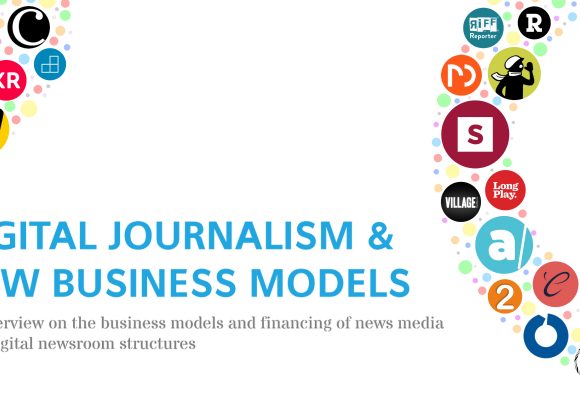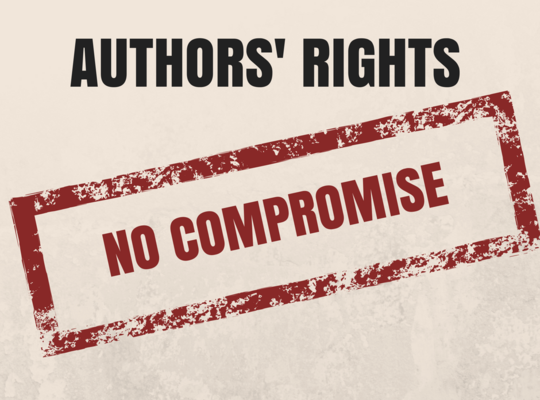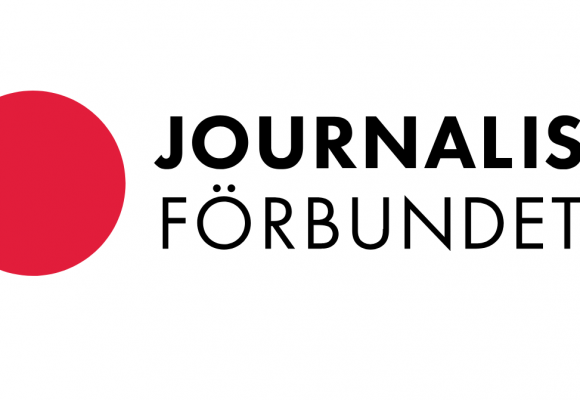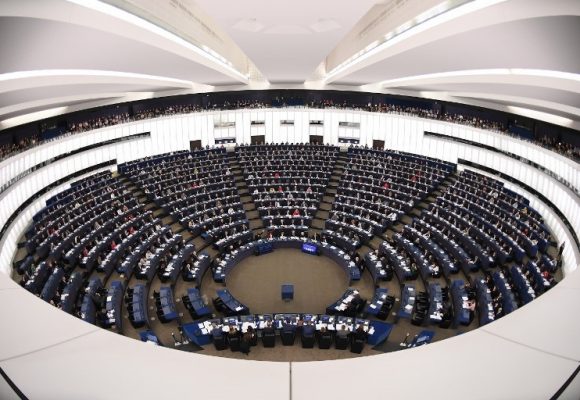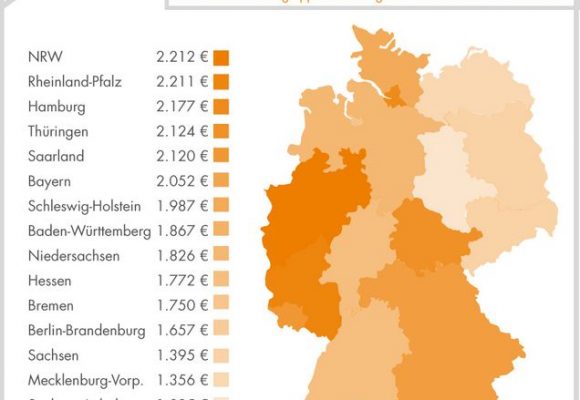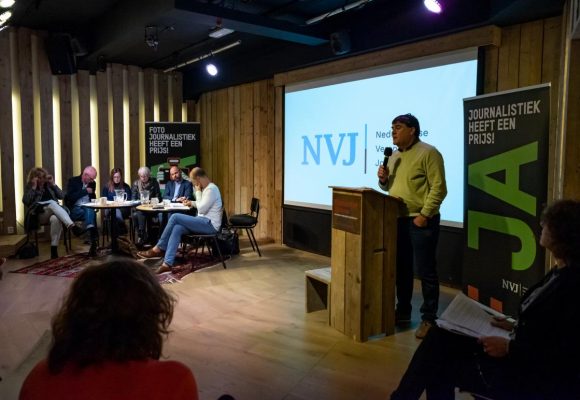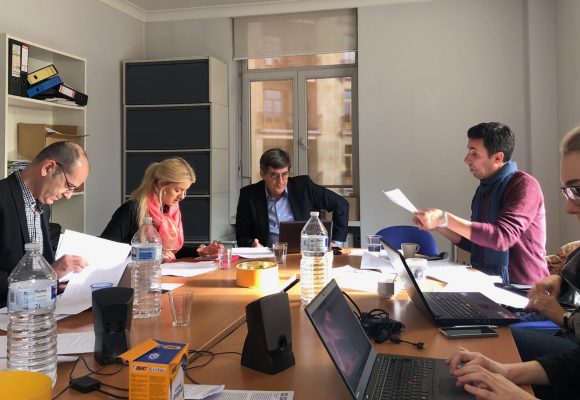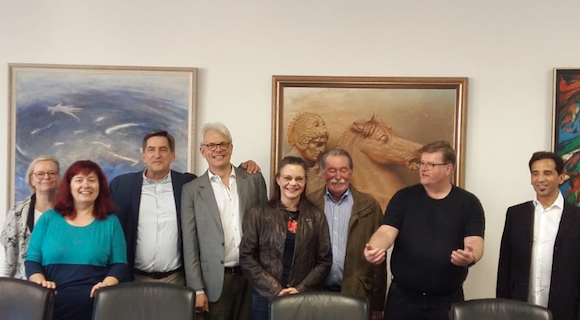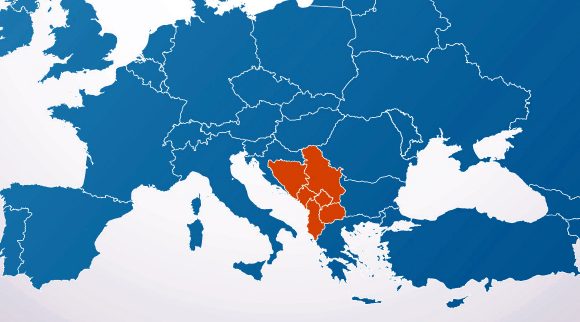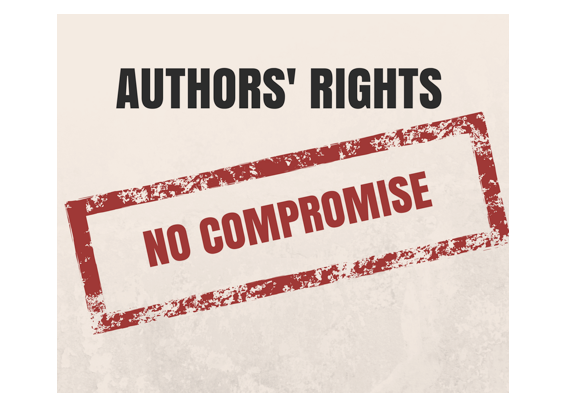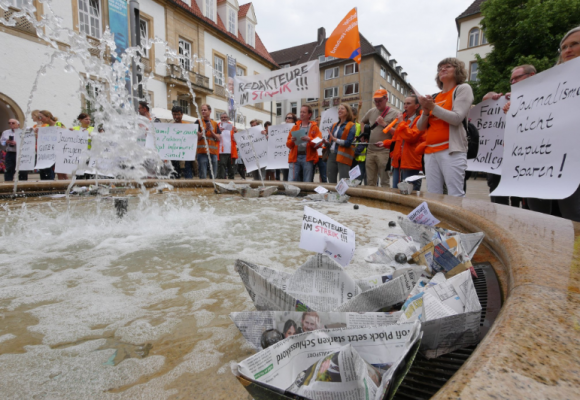Germany: Journalists’ organisations call for a day of action at public broadcasters
On 16 April 2024, the German journalists’ organisations DJV and dju in ver.di are calling on permanent and freelance journalists from all public broadcasters and Deutsche Welle to hold a joint day of action. Under the motto “Fairness sparks”, the employees are sending out a clear signal in favour of fair and appropriate collective agreements in the public broadcasting sector. The DJV and ver.di unions are jointly conducting collective bargaining. At lunchtime, decentralised actions will be organised in German broadcasting companies. Journalists are united by a common call: “We must make those responsible for collective bargaining at the public broadcasters…



